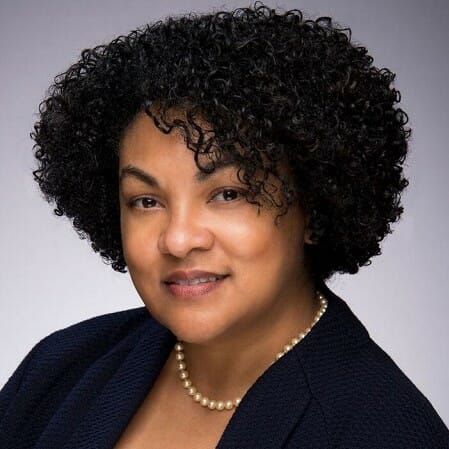
Maria Thompson, Ph.D.
Executive Coach and Leadership Coach
Maria is a career educator whose work experience spans a variety of institutional categories, including research universities, comprehensive universities, land-grant universities, and urban-located and rural-located, HBCUs, and PWIs. She served as President and CEO of Coppin State University (CSU) and was the first woman to be installed as president. Prior to her appointment at CSU, she was Provost and Vice President for Academic Affairs at the State University of New York (SUNY) at Oneonta—the first African American in the role. She served as Vice President for Research and Sponsored Programs at Tennessee State University (TSU)—the first woman to serve as chief research officer at the institution. She served as principal investigator on numerous grants and received millions in federal funding for scientific research, facilities construction, and educational projects from the National Science Foundation, the National Institutes of Health, the Air Force Office of Scientific Research, the Department of Energy, and the National Geospatial-Intelligence Agency.
She brings insights to her coaching practice gained through firsthand knowledge from breaking barriers in leadership roles in higher education. She is an experienced coach who works with clients who aspire to be deans, vice presidents, provosts, and presidents. In addition to coaching, she has worked closely with Academic Impressions alongside her colleague, Susan Turell, to develop and provide equity and inclusion-focused programming for historically marginalized job candidates and leadership development for all who wish to grow their ability to be more equitable and inclusive.
During her 30-year career, Maria has focused on developing sustainable, institution-wide strategic and tactical plans to attract and retain historically marginalized faculty and students, with an emphasis on creating opportunities for them to participate in research. She has led efforts that supported faculty in submitting proposals for external funding, publishing in peer-reviewed journals, and participating in research development activities. Recognizing that traditional student success metrics penalize campuses that serve significant numbers of historically marginalized students, she is an advocate for more equitable student success metrics.
She earned a Bachelor of Science from Tennessee State University, a Master of Science from The Ohio State University, and a doctorate from the University of Tennessee.

